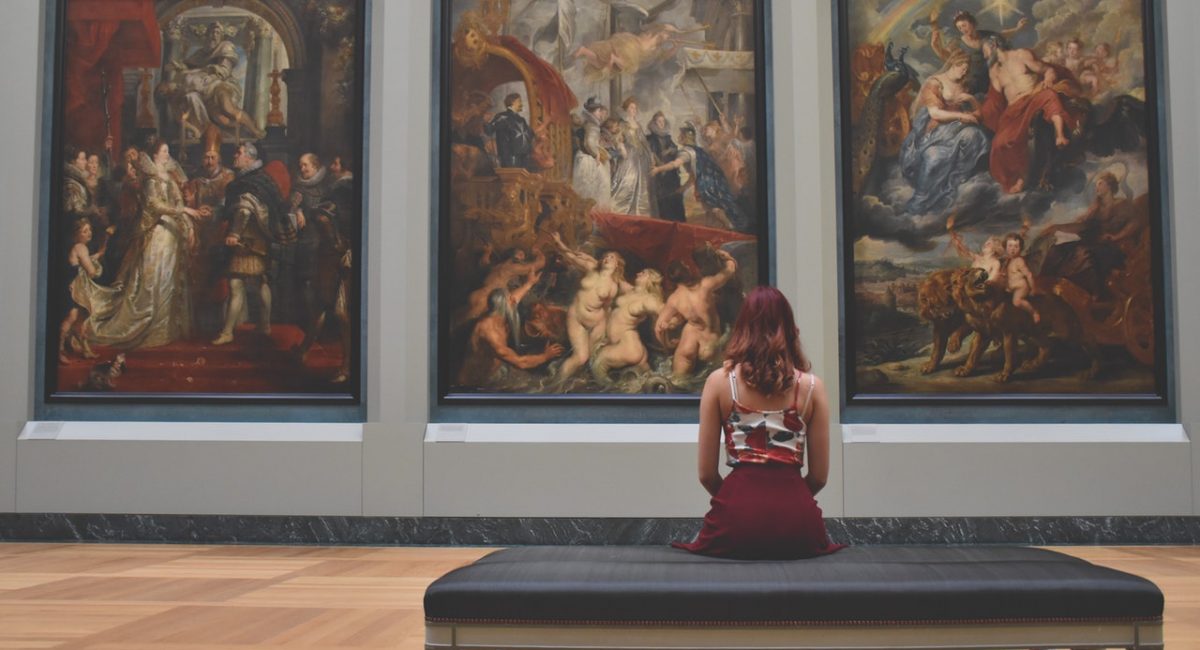CYCLE C . LENT . WEEK 2
REFLECTION
– By Fr Ugo Ikwuka
Archway, London
A man went to see his doctor and complained “Doc, I’m really worried. Every time I drink a cup of coffee, I feel a stabbing pain in my eye. Do you think it’s serious?” The doctor replies “No, but try taking the spoon out of your cup.”
The transfiguration experience which took place on top of a mountain in this Sunday’s Gospel helped the disciples Peter, James and John to have the right view of Jesus and by implication what the future holds for them.
Few days before the incident, Peter had correctly answered, on behalf of the others, that Jesus is Christ the Messiah, the Saviour King expected by Israel. It must have been an exciting moment for them all; the realization that among all their fellow-countrymen, they are the privileged chosen companions of the Messiah. One can imagine them having dreams of power and glory because of this relationship.
However, they were still basking in the euphoria of this good news when Jesus literally killed their joy. He announced that he would soon be arrested, nailed to the cross (crucified) on which he would eventually die. That shocked the hell out of them.
They had left everything to follow Him as the Messiah whom they thought would conquer their enemies and restore the fallen Kingdom of Israel only for him to disappoint them with such hopeless news. That’s not their vision of the Messiah. What kind of Messiah dies like a common criminal? What’s the point following him then? Is this all there is?
They therefore needed some re-assurance and this time Jesus did not let them down. He took them up through the transfiguration experience where they saw Him transformed in a new light, dazzling, amidst citizens of heaven (Moses and Elijah) with the voice of the Father confirming that indeed he is the Chosen One.
This greatly boosted their morale, assuring them that they are in the right path. In fact, it was such an awesome experience that Peter could not help but ask that they remain there.
But, was it a new Jesus that they saw in that experience? No! It is still the same Jesus but seen now with a purer and clearer vision which is possible only from that ‘height’ on which he elevated them. The experience thus calls us to rise to a new height, above the prejudices and primitive tendencies that distort our vision in order to have the right view of things in the broader picture.
Looking at the broader picture, they could see that the impending death of Jesus which had earlier frustrated them was indeed an important piece of the puzzle that would play a key part in his glorification as the Messiah. As Jesus will say later, “A grain of wheat remains no more than a single grain unless it is dropped into the ground and dies.”

Friends, there are times in our lives when looking at our circumstances, we wonder in frustration like the disciples “Is this all there is?” But the transfiguration experience demonstrates that if we can rise above our set ways and myopic view of life, we can see the broader picture which holds much more promises from life’s experiences. Seen in the light of our limited and distorted human vision, people and things around us may look hopeless, common and sometimes different and repulsive.
If we focus narrowly on the “unpleasant” experiences of yesterday, we may lose their positive implication for today and tomorrow. Sometimes it is not until much later in life that we come to see the purpose of the events of our lives and how they all fit together. It is then that we realise how God works through such events to prepare us for the future. Similarly, if our vision is distorted by our prejudices and stereotypes of people and things, we miss their beauty.
The psychologist William James declared that the greatest discovery of his generation is that human beings can alter their lives by altering their attitudes of mind. Our worries are resolved more by changed view of life than by changed circumstances. We do not need to see new things; we need to see the same old things with new eyes. It is not about seeing new people, but seeing the same old people with new eyes. We do not need to hear a different voice; we need to hear the same old voice with different ears.
We do not need to escape the circumstances of our life; we need to be more fully present to life’s circumstances. When these happen, life is no longer lived at the surface. These are the transfigured moments; moments when the circumstances of our life have become windows into a new world, into a new way of being and we come face to face with the glory of God. Circumstances have not changed, we have changed and that seems to change everything.




